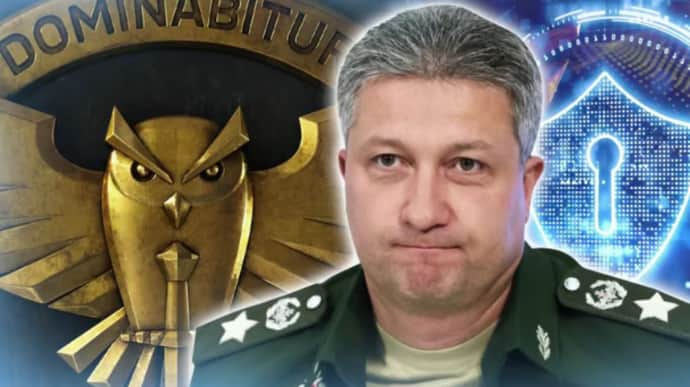In a major development in Russia’s anti-corruption campaign within the military, Timur Ivanov, the former Deputy Defense Minister, has been sentenced to 13 years in prison following a conviction on charges of embezzlement and money laundering.
Background and Charges
Ivanov, 49, who served from 2016 until his arrest in April 2024, was accused of orchestrating large-scale fraud schemes. Prosecutors charged him with siphoning off nearly 4 billion rubles (approximately $50 million) from defense contracts and funneling bribes through foreign accounts, including funds tied to the procurement of Crimea ferries.
He faced additional allegations for receiving over 150 million rubles in kickbacks linked to construction contracts. Authorities also confiscated his assets, which included luxury real estate and a collection of vintage vehicles.
Court Proceedings & Verdict
The closed-door trial concluded with Ivanov denying all charges, but the court convicted him on multiple counts of embezzlement and money laundering. He was stripped of his military awards and ordered to serve 13 years in a high-security prison, along with asset seizure and a pending appeal from his legal team.
Context: A Broader Military Purge
Ivanov’s conviction is part of a sweeping anti-corruption effort targeting Russia’s defense establishment. Dozens of high-ranking officials including generals responsible for logistics, construction, and communications have been arrested or tried since April 2024. Analysts interpret these actions as elements of a wider power shift away from former Defense Minister Sergei Shoigu, consolidating control under newer appointees with backing from the FSB.
Implications
- Anti-Corruption Signal: The sentencing demonstrates Moscow’s resolve to tackle deep-seated graft within the military apparatus.
- Power Realignment: Ivanov’s downfall follows leadership changes and signals shifting institutional influence.
- Global Repercussions: The case highlights how corruption among military elites contributed to operational shortcomings during Russia’s Ukraine conflict.
- Internal Warning: The verdict may discourage other officials from engaging in large-scale procurement fraud, reshaping norms within Russia’s defense bureaucracy.
Conclusion
The 13-year sentence handed to ex-Deputy Defense Minister Timur Ivanov marks a significant escalation in Russia’s effort to purge corruption from its military ranks. It underscores broader institutional changes and serves as a stark reminder that no official is immune from scrutiny.



Comments (0)
No comments yet. Be the first to comment!
Leave a Comment